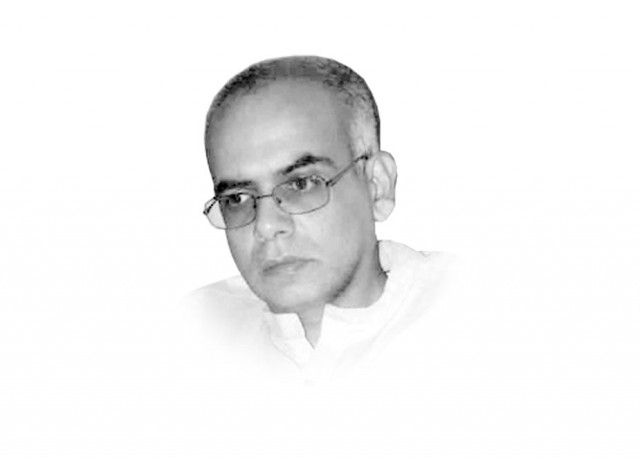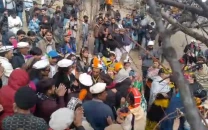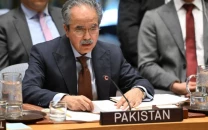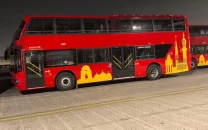Can Punjab break the US aid begging bowl?
It remains to be seen how the resource gap resulting from the rejection of American assistance will be filled.

Although foreign aid has long been used by powerful countries to win and reward allies, the use of aid has become increasingly controversial, especially at a time when the US itself is broke and its official audits show that many of the nations to whom the money is given to do not hold positive views about the US, and nor is the aid used for the purposes intended.
In view of these ongoing developments, the Punjab government has announced its intention to break the begging bowl of aid. The provincial government qualified this assertion: The province would not accept US aid, but remains open to loans and grants from other sources such as the Asian Development Bank, the World Bank and other friendly countries.
While some bilateral aid from other countries may still trickle into Pakistan, many of our current donors would be much less generous without US backing. The influence of the US on multilateral agencies like the IMF and the World Bank is also well established.
The Punjab government claims that its rejection of conditional American aid would build pressure on the federal government to follow suit. Yet the fact remains that the national economy, including that of our largest province, is faring miserably at the moment.
Certainly, denying people who already have little access to basic amenities, which aid can help secure, seems unfair. It is these people who would bear the brunt of such a move. It remains to be seen what will become of the health, education and solid waste management projects that were supposed to be funded by US aid, and how the resource gap resulting from the rejection of American assistance will be filled.
Punjab’s chief minister claims that the province will achieve self-reliance by effectively taxing urban property, cutting non-development expenditures, and taking more stringent austerity measures. He has also demanded recovery of loans written off on a political basis. Although these are welcomed moves, one wonders if their half-hearted implementation will enable the Punjab government to stand on its own feet. Currently, the province is confronting a massive overdraft and sluggish growth, growing poverty and unbearable inflation. Yet the provincial government remains non-committed on the implementation of tax on income from agriculture. Neither have any decisions been taken to address the problem of inequitable land holdings which are a root cause of rural poverty. Nor has any intention to curb incentives and concessions enjoyed largely by big businesses been made public.
If the biggest province in our country is really serious in its resolve to become self-reliant, it needs to go beyond the political rhetoric and squarely deal with the practical issues mentioned above, while assuring that it is not the poor people who have to face the brunt of the knee-jerk bravado.
Published in The Express Tribune, June 9th, 2011.



















COMMENTS
Comments are moderated and generally will be posted if they are on-topic and not abusive.
For more information, please see our Comments FAQ